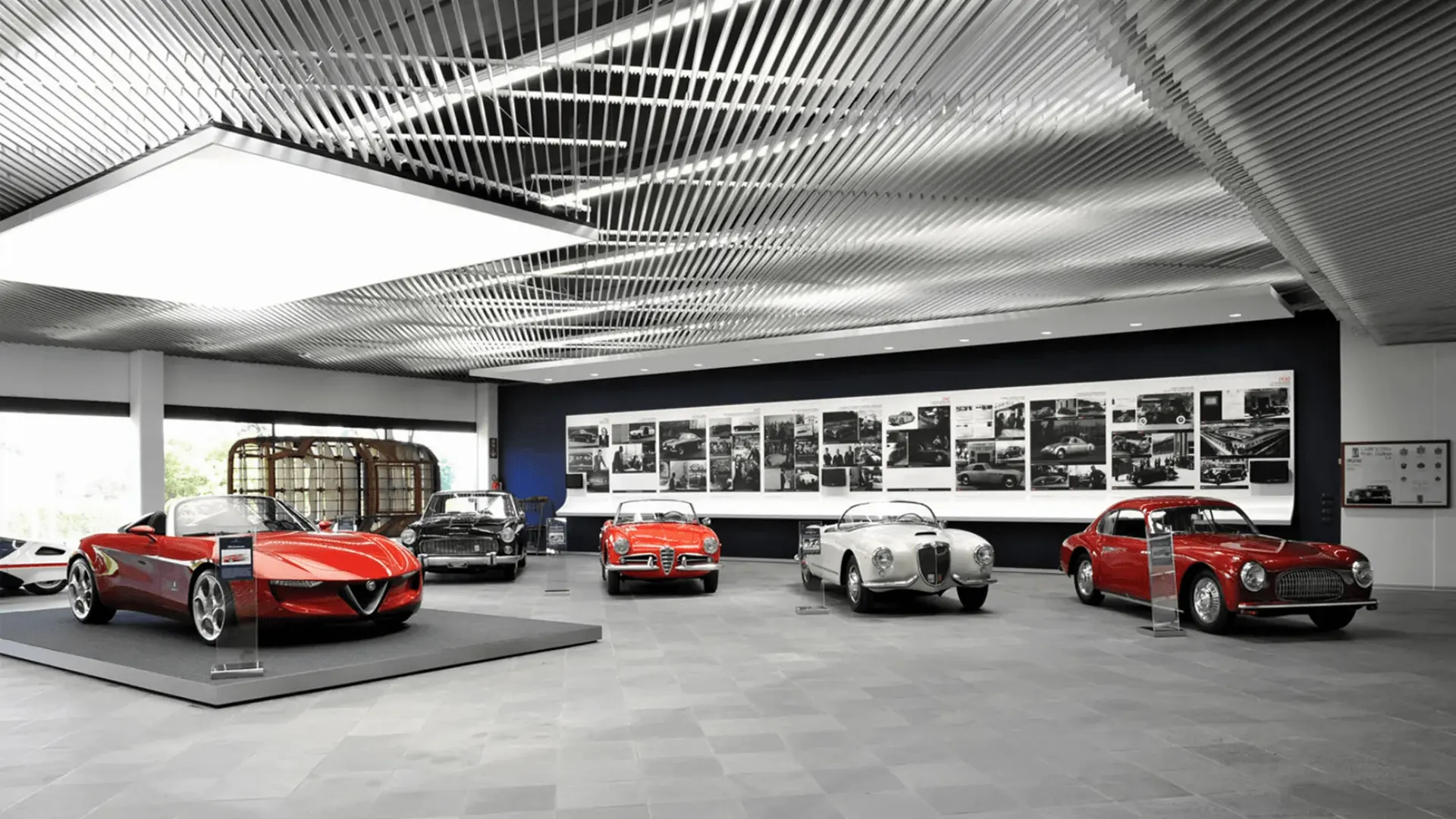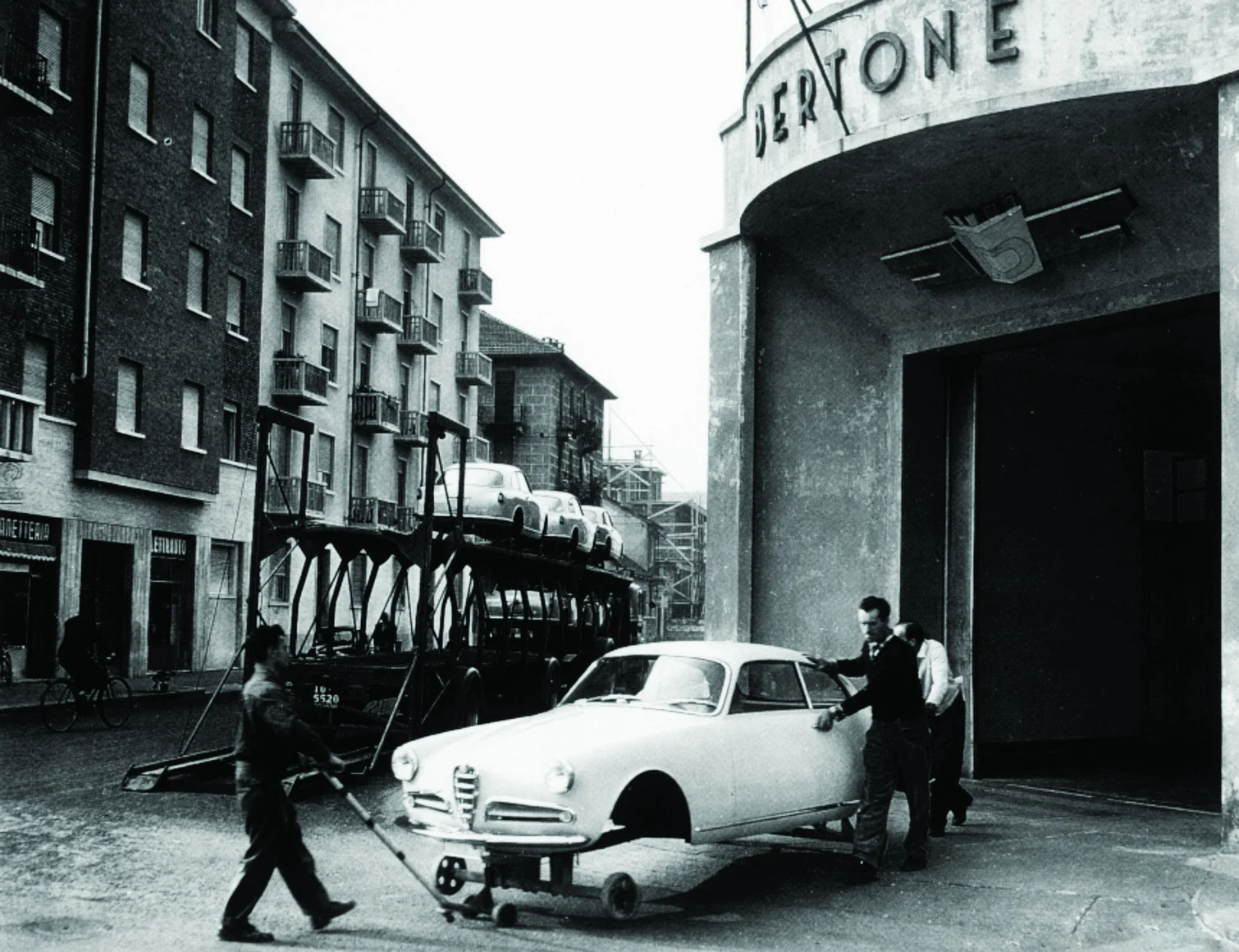The Myth of Italian Coachbuilders: Pininfarina
22 June 2024 2 min read 4 images

Photo credit: Pininfarina, Wheelsage
Pininfarina is undoubtedly the most renowned Italian coachbuilder globally. There are many reasons for this. First, the historical origins: In 1930, Battista "Pinin" Farina founded the company in Turin, a city still strongly linked to the elegant and refined style of the House of Savoy. Turin was Italy's capital before Rome and everything representing excellence was born there. Carriages, sumptuous furnishings and the finest materials were a fresh memory of the city's traditions. This Savoyard imprint has characterized Pininfarina's early automobiles and remained a constant design feature over time. Surprisingly, this trait is recognizable even in the most innovative prototypes and concepts, such as the 1965 Dino Berlinetta Speciale and the 1970 Modulo.
Register to unlock this article
Signing up is free and gives you access to hundreds of articles and additional benefits. See what’s included in your free membership. See what's included in your free membership.
Already have an account? Log In


